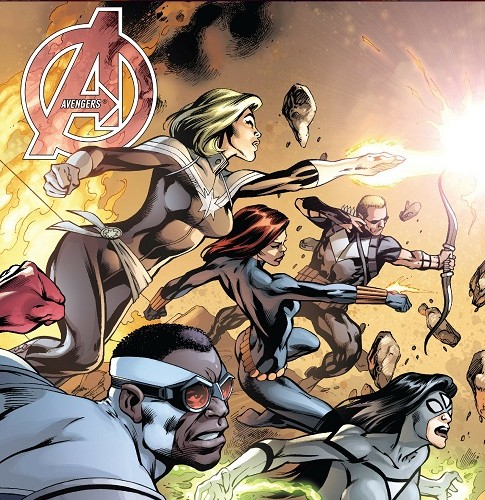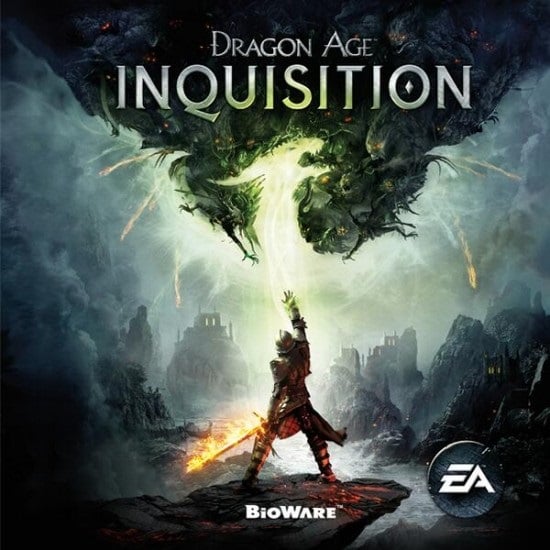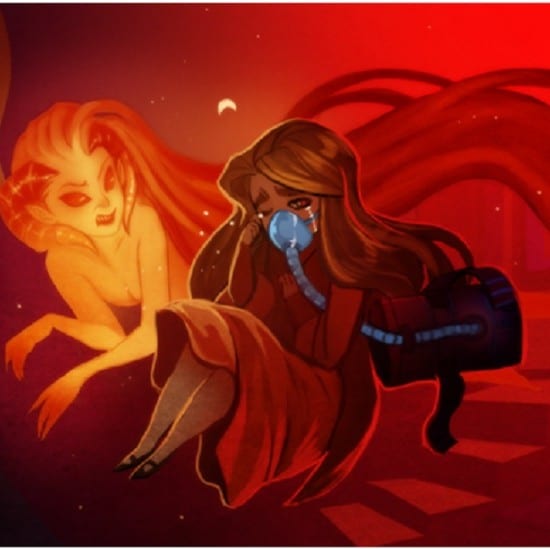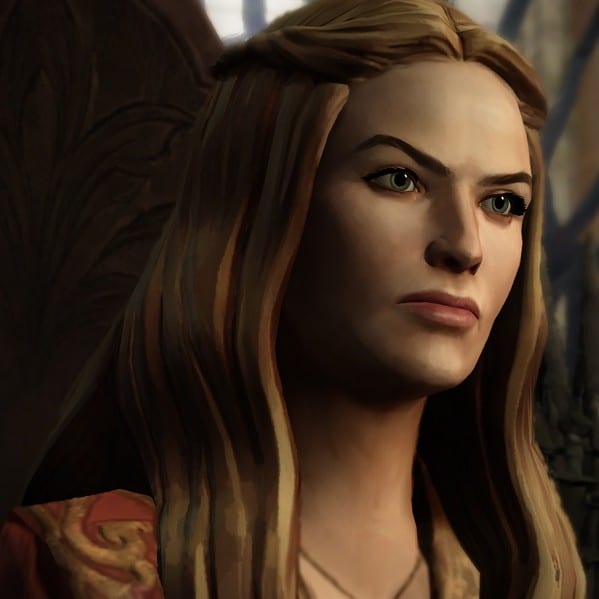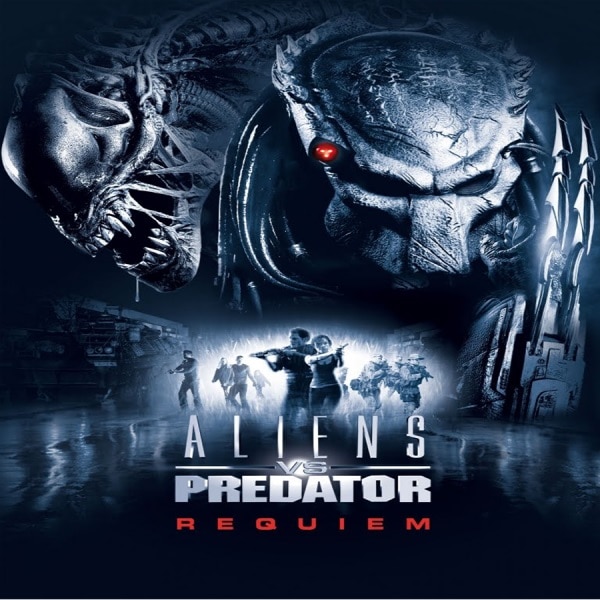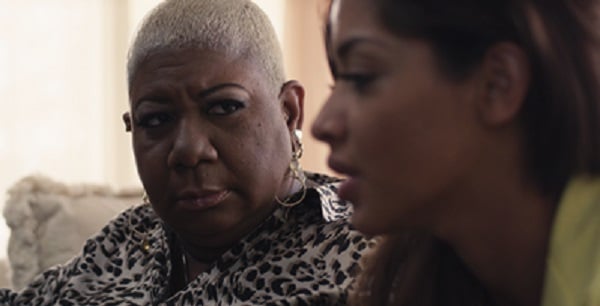First and foremost, don’t judge how my mind operates, alright? Seventy-four percent of you are probably going to be reading this like, “Who really got time to write about console controllers?” This ain’t for you, this for the 26%. What brought me to this is my recent purchase of a Wii U solely for the new Smash Bros video game. I was holding the Wii U controller thinking, “What is this? Back in my day the controller wasn’t a watered down I-pad. We had real controllers! …Stupid next gen consoles with your loud music and HD graphics!!”
This got me thinking about all the good controllers of yester-year and if I’m going to war, which I’d take with me. Everyone is going to have their personal favorite controllers dependent on their console of preference; I’ll try and touch on every– you know what? I’m not even going to try and be non-bias. I’m not sorry about it either.
This list is presented by Omar Holmon at Blacknerdproblems.
Nintendo Classic Controller
I just have to pay homage to the godfather of controllers (No, I’m not going to give it to Atari. That one wasn’t comfortable. Sorry, [Not really]). I’m not sure if I should call this the standard handgun of console controllers or the musket of controllers. It was pretty easy to work, easily accessible for everyone, didn’t take any real skill to handle. The Super Nintendo controller felt like an upgrade. The two extra buttons (extended clip) and the additional L & R buttons up top (scope). It was a great addition to a classic.



